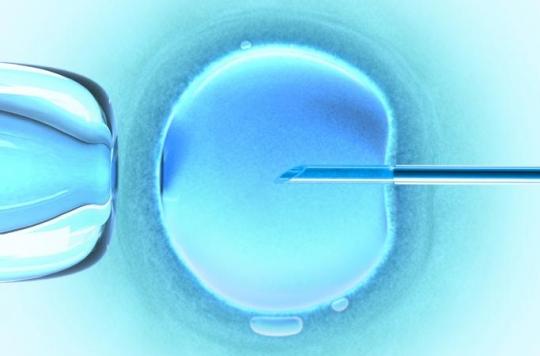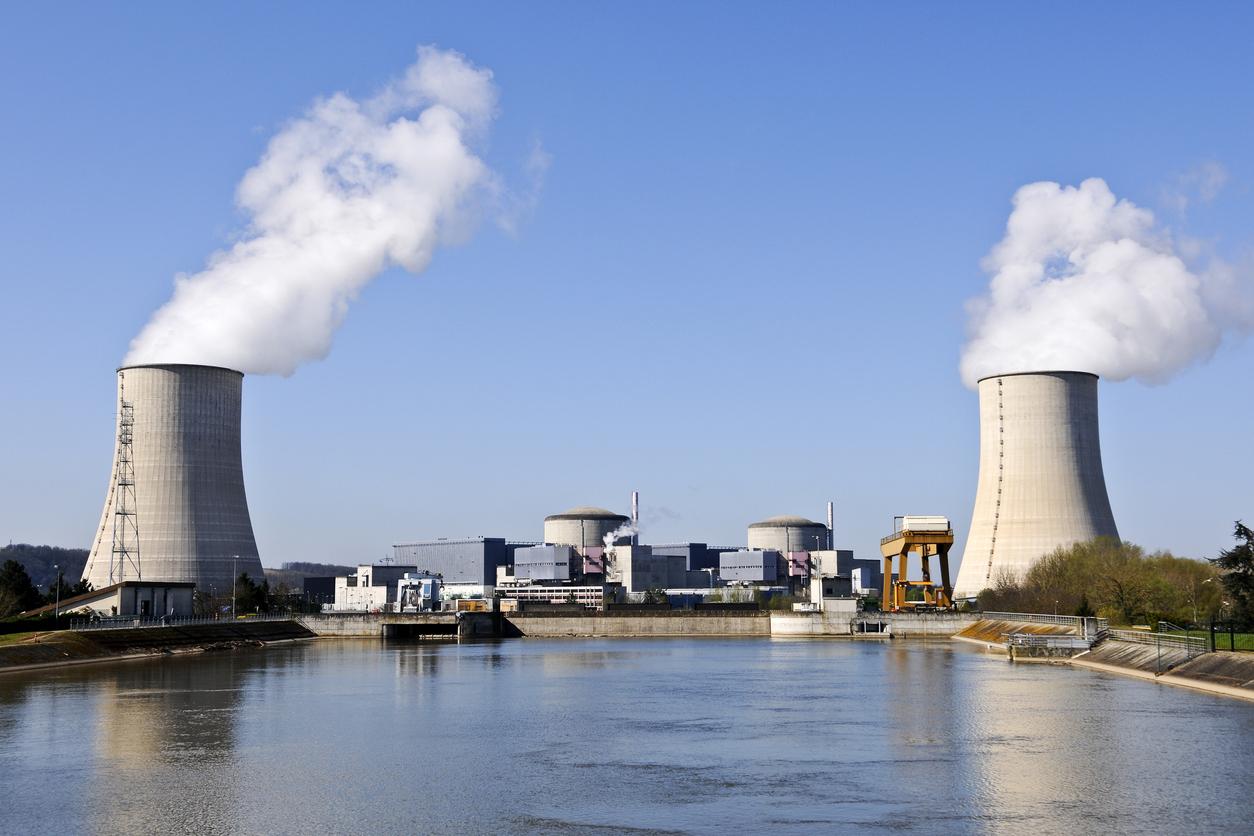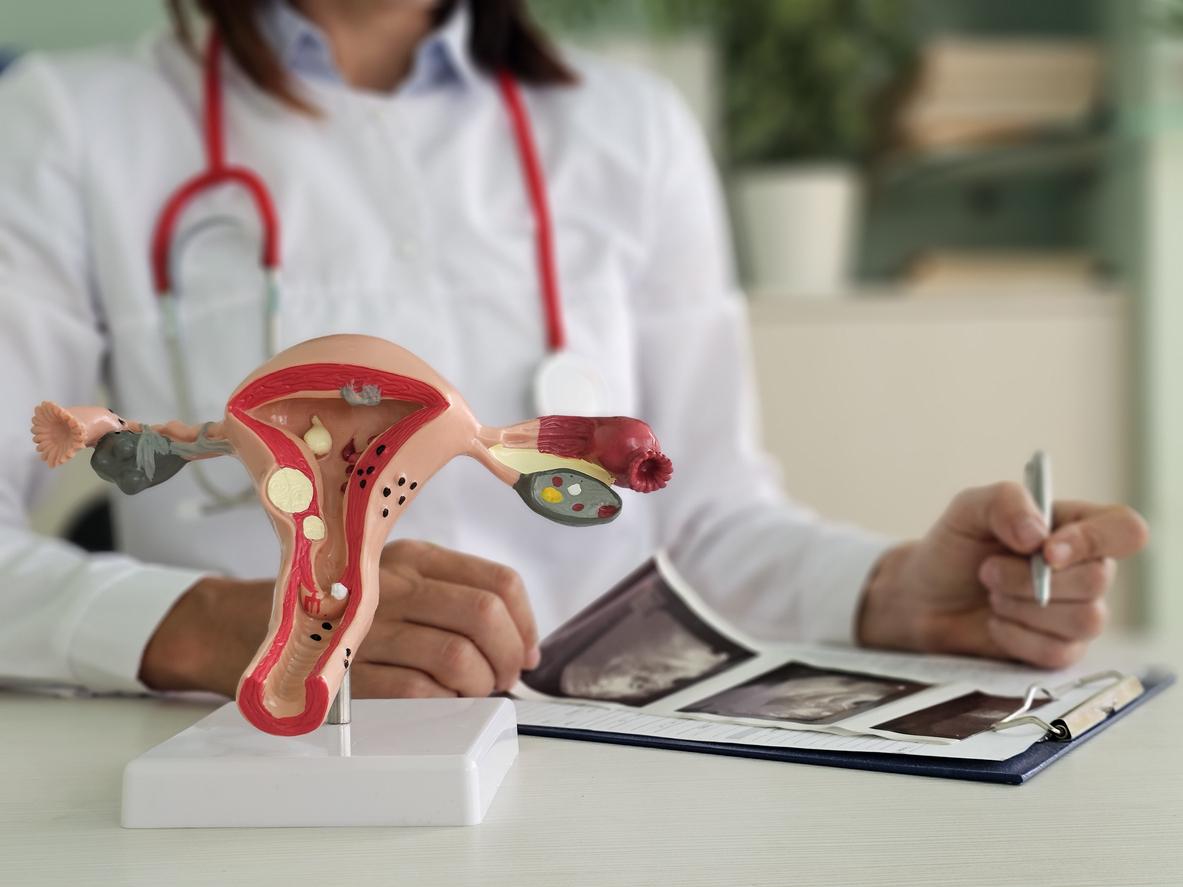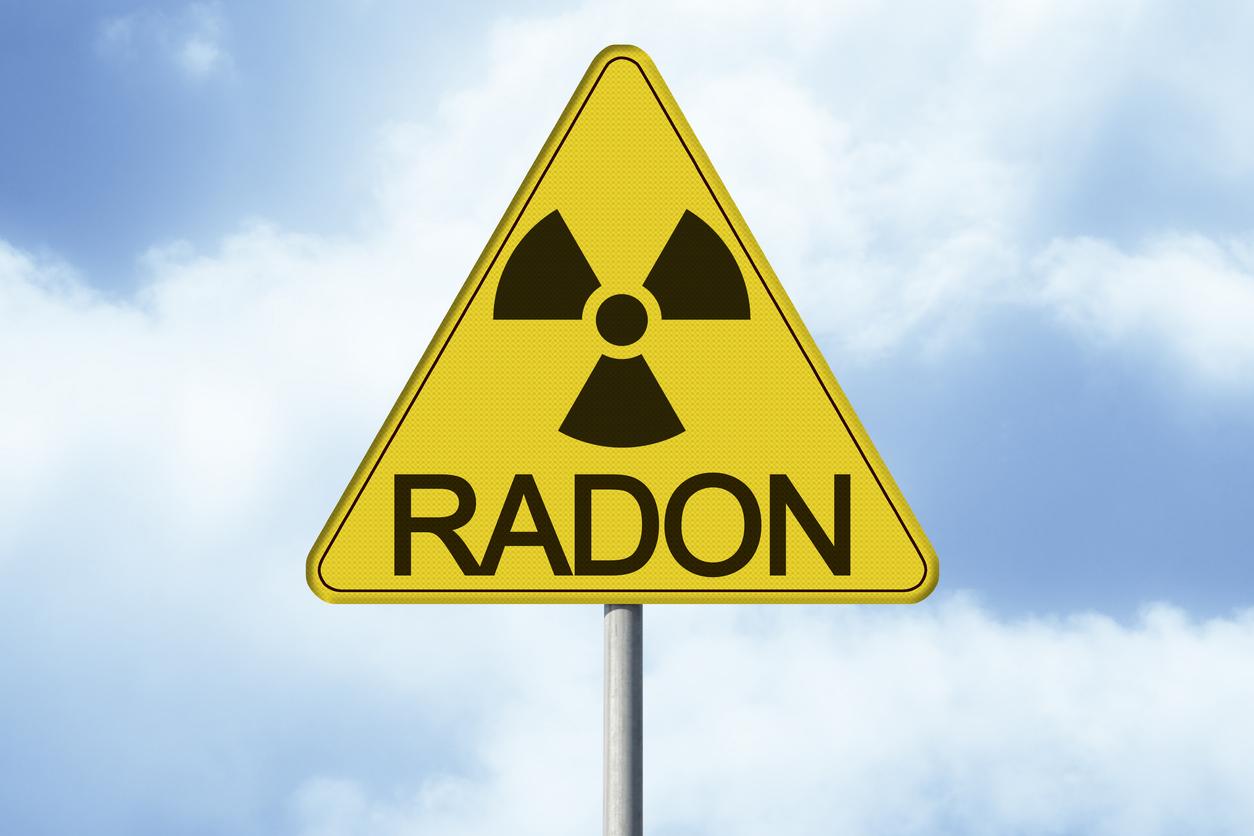A long-term study of more than 47,000 children born through medically assisted procreation (PMA) shows that they do not present a higher risk of cancer than those who were conceived naturally.

Here is the study that should reassure couples undergoing medical treatment to help procreation in the hope of having a child. While several academic studies had so far hypothesized that certain assisted reproduction techniques such as in vitro fertilization (IVF) with intracytoplasmic sperm injection (ICSI) could promote the appearance of cancer in born children, a new study published in the journal Human Reproduction states that children born by IVF to ICSI do not appear to be at greater risk of developing cancer than other children.
A median follow-up of 21 years
This new study, conducted by the Department of Epidemiology at the Netherlands Cancer Institute, is the first to compare results over such a long period. It covers 47,690 children, followed for a median average of 21 years.
“This study (…) is particularly important because it includes a comparison group of children born to subfertile mothers after natural conception” thanks to ovarian stimulation, explains Prof. Flora van Leeuwen, head of the department of epidemiology from the Netherlands Cancer Institute. “These women are different from the general population and it is possible that the difficulty in conceiving is a factor that influences the risk of cancer in their children”, continues the researcher.
A comparison to sub-infertile women
To determine whether or not assisted reproductive technologies may increase the risk of childhood cancer, researchers analyzed data from a large national study (the OMEGA study) of subfertile women. i.e. with lower than average fertility but able to fertilize, and treated in one of 12 fertility clinics in the Netherlands between 1980 and 2001.
The researchers then extended their search to data on children and then linked to cancer incidence data from the Dutch Cancer Registry, collected between January 1989 and November 2016. Information on the method of conception and any confounding factors, such as the cause of the parents’ subfertility, the age of the mother, the year of birth of the child, the birth weight, the duration of the pregnancy and whether they are births single or multiple, were also collected from completed questionnaires and mothers’ medical records.
Of the 47,690 children born alive, 24,269 were conceived by IVF in ICSI (when a single, non-functional sperm is injected into the cytoplasm of the egg), 13,761 were conceived naturally and 9,660 were conceived externally. using fertility drugs, such as simple ovarian stimulation drugs, but without IVF.
231 cases of cancer identified
“We found that of the 47,690 children included in the analysis, 231 developed cancer. After adjusting for factors that could confound the results, such as age and parental cause of subfertility, the overall long-term risk of cancer was not higher in children conceived by PMA-ICSI than in children conceived naturally by subfertile women, nor compared to the general population”, explains Mandy Spaan, doctoral student in the Department of epidemiology and first author of the study.
Of the 231 cases of cancer that occurred in all children, the researchers identified 31 cases of lymphoblastic leukemia and 26 cases of melanoma. “The risk of cancer was somewhat increased, but not statistically significantly, in children conceived after ICSI or from embryos that had been vitrified and used as fertility treatment. These are two types of fertility treatment that are more often used nowadays”, continues the researcher, who insists on the fact that these “results may be due to chance and must be interpreted with caution”.
No statistical difference
“There is no clear explanation as to why there are more of these cancers. Some fertility treatments may induce inherited alterations in certain genes that increase the risk of melanoma and leukemia” , advances Professor Spaan, who explains that “further and more research is necessary to clarify this discovery”.
However, the scientific team wants to be reassuring: “These results provide reassuring evidence that children conceived as a result of fertility treatments do not have an increased risk of cancer after a median follow-up of 21 years. They will allow doctors to better inform couples who are considering fertility treatment about the long-term safety of this treatment for their children,” concludes Prof. van Leeuwen.
“However, as more and more children are born through ICSI and embryo cryopreservation, the long-term cancer risk should be investigated in more children born through these techniques.” The researchers also indicate that they have extended their work to 30,000 children born from these two techniques. “We hope this will provide more evidence about the possible long-term cancer risk for these children.”
.

















